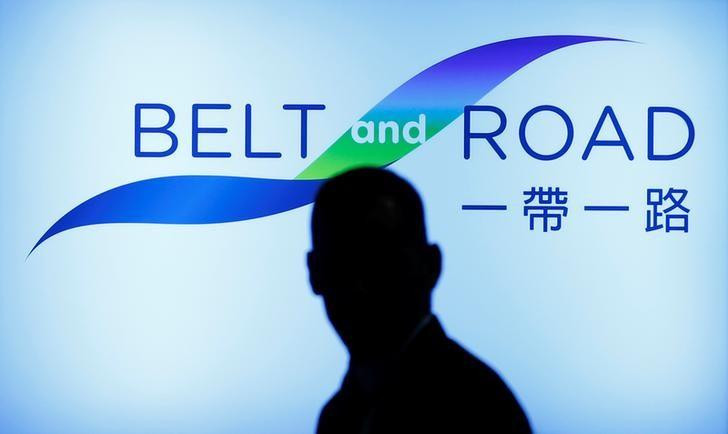The European Union has unveiled its own economic investment plan, which is aimed at becoming an alternative to China's ambitious Belt and Road Initiative.
The EU's new $340 billion investment program is aimed at enhancing the bloc's clean energy capacity, transport networks, and digitalization. The program, called Global Gateway, will also allocate funds to bolster the bloc's health, education, and research systems.
The EU's commissioner for international partnerships, Jutta Urpilainen, said the Global Gateway is meant to create stronger and more sustainable links between member countries and the rest of the world. He added that the project should also help create a "new future" for the younger generations.
European Commission President Ursula von der Leyen said the program would be a "true alternative" to what China is proposing with its Belt and Road Initiative. She echoed Urpilainen's statement, where he said that global infrastructure programs should create "links, not dependencies."
Critics have accused China of using its global infrastructure program to place poorer countries in significant debt. Von der Leyen said other nations "need better and different offers" to achieve their economic goals. She added that, unlike China's plan, the EU's Global Gateway would not be creating "unsustainable debt levels" with its partner countries.
China has spent billions of dollars in recent years developing roads, trains, and ports throughout the world in order to establish new commercial routes and diplomatic relations. According to the Council of Foreign Relations, a U.S. research tank, 139 nations had joined up to Beijing's proposal as of March 2021, representing about 40% of the global GDP.
The EU said in a statement that the European alternative to China's Belt and Road would be funded by a mix of grants and investments totaling $340 billion from member states, development banks, the private sector, and EU financing bodies, including the European Investment Bank.
The Commission stated that it would likely be creating a new credit facility for European companies selling into non-EU markets, which would enable them to compete with industries that get large government subsidies.
The EU's Global Gateway program will be heavily investing in digitalization efforts such as fiber optic cables, satellite communications, and cloud infrastructure. Part of the budget will also be used to integrate energy systems and help nations transition to renewable energy sources.
Transport infrastructure will also be a big part of the program, which will include the building of railways, roads, airports, and ports. The program also includes budgets for bolstering partner nations' health care systems and medical supply chains.





